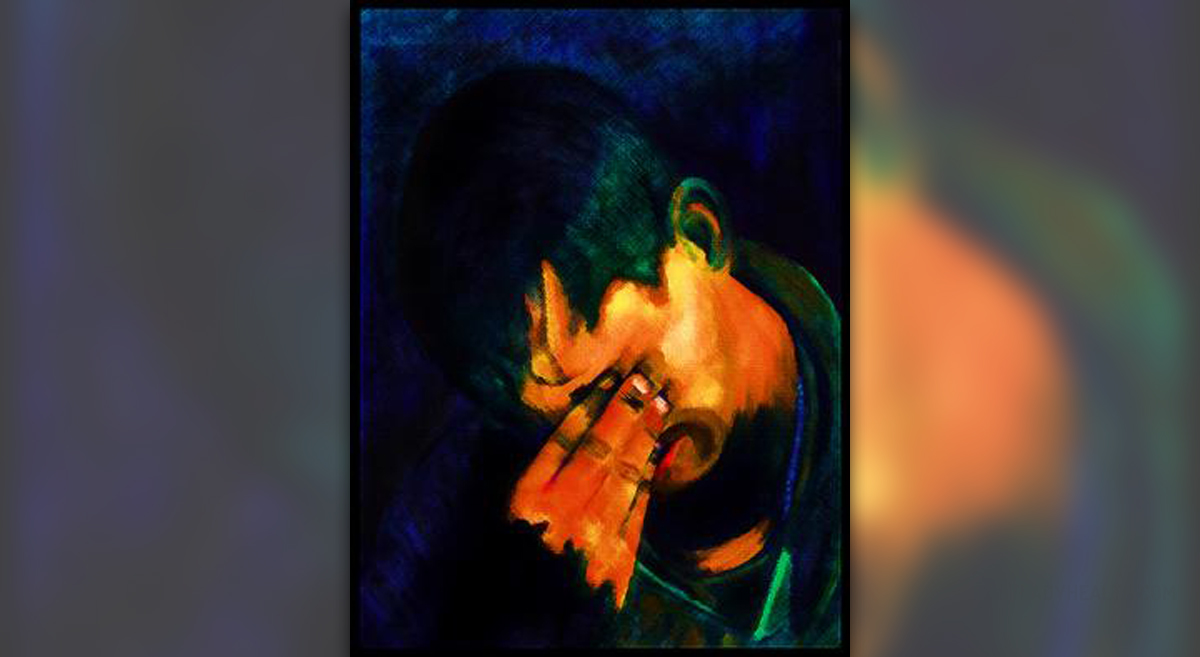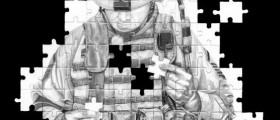
The post-traumatic stress disorder is a common disorder which usually develops after some kind of traumatic event endangering personal safety and feeling of control. PTSD is most often associated with war veterans, but there are many other life experiences which can cause this disorder if that event has come unpredictably or uncontrollably. People who have survived or witnessed natural disasters, emergency workers or law enforcement officers or even family and friends of someone who has gone through some kind of trauma. Any of the following things can trigger the post-traumatic stress disorder: war, rape, natural disasters, kidnapping, traffic accidents, abuse and violence, medical procedures and deaths of loved ones.
This disorder is a normal reaction to situations which are abnormal to that person and the events causing it are so overwhelmingly traumatic that anyone would be upset by them. It is perfectly normal to feel crazy scared or disconnected when something completely shatters a persons sense of safety and order. Some people develop this disorders while some do not and the difference between them is how they cope with the trauma.
When something traumatic happens, the whole body and mind are in s state of shock, which can remain for a long time, until the person faces it and deals with the emotions brought on by it. After every traumatic event it is quite normal to exhibit some of the symptoms like feeling numb, frightened, to have bad dreams and not be able to stop thinking about the event. In the case of the post-traumatic disorder, these symptoms do not go away after some time and are still persistent and get worse as time wears on. The symptoms of PTSD arise suddenly and unexpectedly or take time to increase and develop or can be triggered by any kind of stimulus like certain music, places, things, words or even smells. Each person experiences some of the symptoms, and here is a complete list of possible symptoms: flashbacks and nightmares of the traumatic event, intrusive and upsetting memories, feeling distressful about the trauma, physical reactions to that event or memories of it, emotional numbness and avoidance of people, activities, placesor feelings connected to the trauma, repression of information connected to the traumatic event loss of interest in life and future perspectives, problems in sleeping and concentrating, irritability or angry behavior, constant feeling of alertness and nervousness, depression and hopelessness, alienation, antisocial behavior and guilt, feelings of mistrust or betrayal substance abuse and adverse physical reactions like headaches, stomach problems and chest pain.




-Causes,-Symptoms,-Diagnosis-And-Treatment_f_280x120.jpg)












Your thoughts on this
Loading...